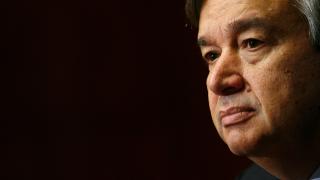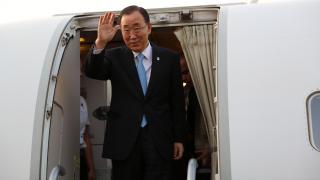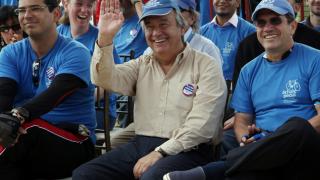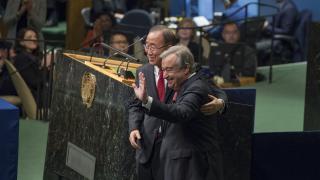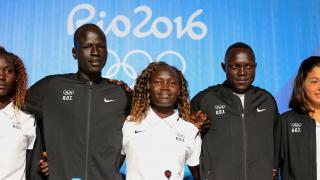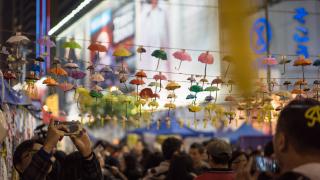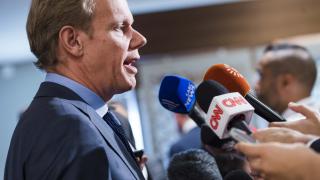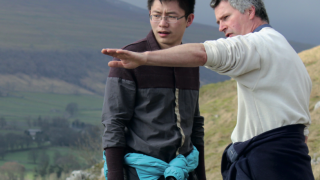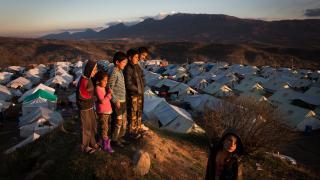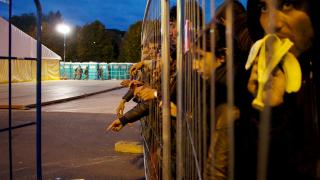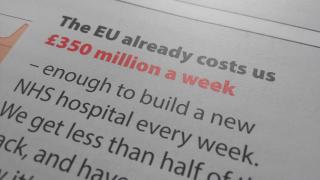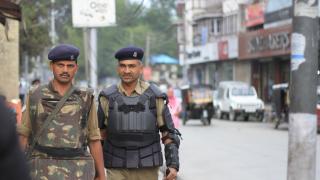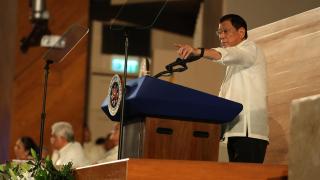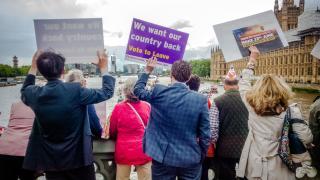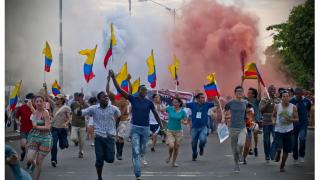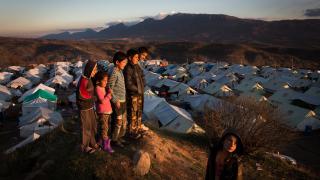
After a year of fretting about ‘post-truth’ politics, attacks on journalists serve as a tragic reminder that facts still matter. Our cover features Shawkan – an Egyptian photojournalist arrested after documenting security forces’ violence against protestors in 2013. Three years on, he is still in jail, facing the death penalty.
From Russia’s dismissal of Syrian war crimes accusations to the UK’s insistence that its arms aren’t harming Yemeni civilians, government obfuscation is hardly new. Neither is public support for leaders who espouse violence. Two thousand years after Nero, Rolando Duterte enjoys high approval ratings in the Philippines, despite urging citizens to kill drug dealers (hundreds have reportedly complied) and saying he would be “happy to slaughter” addicts.
But that doesn’t mean we shouldn’t worry. Today’s media environment provides fertile ground for post-truth peddlers. While social media has received much attention, it is mainstream outlets that amplify politicians’ spin and make it difficult to dislodge narratives.
In the UK, for example, few people fall neatly within the post-EU-referendum fault-lines that have dominated news coverage. People from all walks of life, including many who voted ‘leave’, are deeply concerned by efforts to undermine experts, and to interpret the referendum as a mandate for xenophobia. In Sri Lanka, the previous regime demonstrated how devastating post-truth policies can be: the framing of its slaughter of civilians as a humanitarian operation continues to thwart efforts to bring perpetrators to justice.
Our inter-connected world also offers opportunities for the somewhat oxymoronic concept of a transnational alliance of nationalists, banding together to undermine the international system at a time when it is already under strain.
While Donald Trump is yet to set out a foreign policy vision, US leadership on bodies such as the Human Rights Council and on issues like peacekeeping and climate change is likely to change. Even a positive reading of increased cooperation with Russia, which may bring solutions to specific problems, could see the UN bypassed and further destabilise big power relations.
The EU, too, may no longer have the appetite to act as a progressive driver at the UN. There have been worrying shifts, particularly on human rights, in several EU states, and the bloc’s fundamental principles have been challenged by the refugee crisis and populist movements. And many African states are finding new ways to express their dissatisfaction with an international system that marginalises their input, by seeking to withdraw from the International Criminal Court, for example, or to block the appointment of the UN’s first LGBT special rapporteur.
So how should we respond? For UNA-UK, a key international priority has been to campaign for the best possible person to succeed Ban Ki-moon as UN Secretary-General. We believe that we have found just that in António Guterres.
Like his predecessors, he will inherit a UN that is overstretched and underfunded. He will have no power to compel states to act differently, and he will need their support to be effective. But if he achieves this balancing act, he has the potential to be a powerful voice that transcends divisive national interests. And we believe that his hand has been strengthened by the more open and inclusive selection process that UNA-UK played a role in securing – proof that even tiny NGOs can have global impact, with the support of people like you.
Mr Guterres has the opportunity to set an ambitious but realistic vision for the UN, which sees it focus on areas where it can make a unique contribution – notably by reclaiming a central role in peace and security. This should include strengthening the UN’s mediation capacity, with the Secretary-General leading a surge in diplomacy.
Achieving this will require the UN to step back from areas where other actors are arguably better placed to deliver. Sustainable development and climate change are the obvious examples. Having helped to create the frameworks, the UN should now focus on assisting and monitoring states, recognising that they must drive implementation. This would allow UN agencies to concentrate on humanitarian emergencies, where extra capacity is sorely needed. The Secretary-General cannot overhaul the development system, but he can push for bold action to do so.
We also urge Mr Guterres to resist states’ efforts to foist incompetent politicians onto the UN. He cannot be all things to all people; he will need a talented and diverse senior management group to support him. And while his decade as High Commissioner for Refugees showed that he is more than capable of speaking truth to power, he cannot overuse the bully pulpit. Others will need to take up that mantle. This will mean improving the UN’s communications infrastructure, which states should see as a necessary investment at this time.
UNA-UK stands ready to support Mr Guterres as he takes on the world’s most impossible job. A crucial part of this work will be encouraging the UK to be a global force for good, and building public support for a principled and pro-active foreign policy.
As you read this new-look issue of our magazine, please consider making a donation to support us. It is easy to feel powerless at times like these but we must never forget that we, the people, can make a difference. For better and for worse, 2016 demonstrated that.
Photo: Children look out at the sunset over the Bamarne IDP camp in northern Iraq. Copyright DFID


